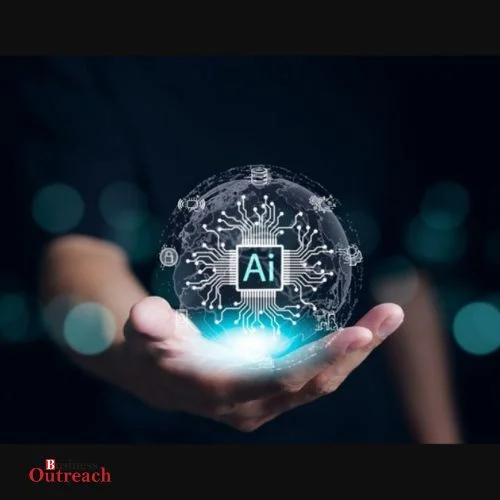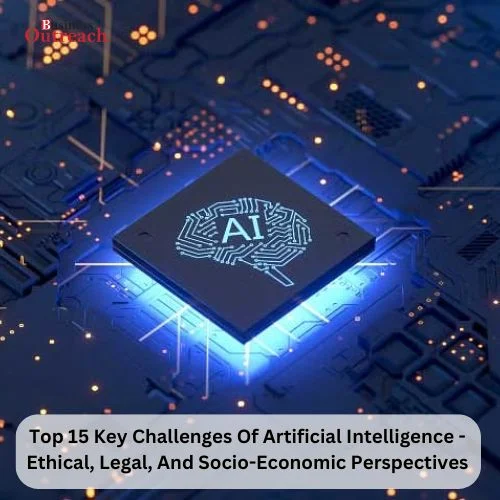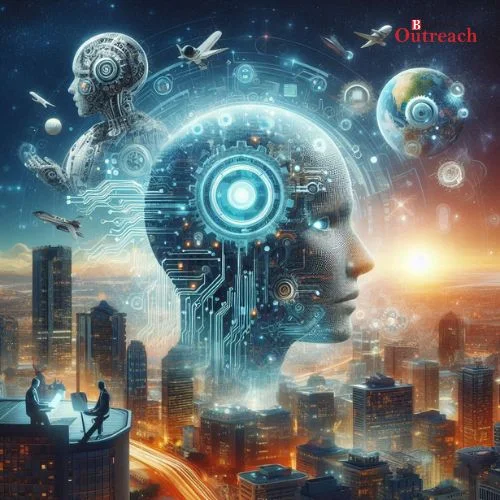Infosys’ Chief Technology Officer, Rafee Tarafdar, recently highlighted the growing importance of artificial intelligence (AI) in the tech industry and shared critical advice for engineering students: the most effective way to cope with the future challenges is to grasp the knowledge on how to use AI in the workforce.

Infosys has adopted the strategy of an ‘AI-first company’ where it has deployed AI to work across its entire business. This strategy embodies the introduction of Infosys Topaz, an integrated set of artificial intelligence tools, and services which aim to improve business processes, and operations. This move shows the company’s interest in using AI in businesses and driving innovation in the sector.
Infosys is also upscaling their workers by training them on how to take advantage of the future AI-dominated world. They also stated that the company intends to provide training for 40,000 employees regarding generative AI skills for the three mentioned levels of expertise. The first level involves making people more aware of the existence of generative AI and their potential use. The second level envisions AI builders who will construct AI-first platforms utilizing the existing AI services. The third level includes the generation of AI masters that have extensive knowledge in the building of AI models and their proper training and tuning and achieving the best performance of AI systems as well as how to promote proper ethical values in AI.
Tarafdar lastly noted that the implementation and application of the AI programming is no longer an extra-curricular venture for the engineering students but rather a survival tool for the employment market. We can already say that AI became the new normal, in the same way mobile technology was a few years ago. This paradigm change implies that engineers must be familiar with AI and be able to work in that field if they want to make a valuable contribution to their disciplines.
In addition to concentrating on AI in general, Infosys has been targetting its use in specific areas within different industries. The company has identified eight broad areas where AI can be applied: from software engineering and IT operations, to business operations, customer service, the advisory services; the contact centers; the sales and marketing and, of course, the employee experience and learning. These areas are vital and indicate potential to enhance efficiency or generate innovation by adopting AI.
The training initiative at Infosys is part of a broader talent transformation strategy. This strategy aims to equip employees with the necessary skills to build and implement AI solutions. By fostering a workforce proficient in AI, Infosys aims to meet the growing demand for AI expertise and maintain its competitive edge in the technology sector.
Beyond training and development, Infosys is also focused on developing specialized AI models. Currently, the company is creating fine-tuned models by adapting open AI models to meet specific project needs. This approach has been effective for various projects, though the company continues to explore the possibility of developing its own foundational AI models.
Tarafdar’s advice to engineering students is clear: mastering AI is crucial for staying ahead in the tech industry. By investing time and effort in learning AI technologies, students can ensure they are well-prepared for the evolving demands of the job market. As AI continues to shape the future of technology, those with expertise in this area will be well-positioned to lead and innovate.
In conclusion, Infosys’ commitment to an AI-first strategy and its comprehensive training programs highlight the importance of AI in today’s tech landscape. Engineering students and professionals alike must embrace AI to stay relevant and competitive. As AI technology continues to evolve, the demand for skilled AI professionals will only grow, making it an essential area of focus for anyone looking to excel in the technology sector.















